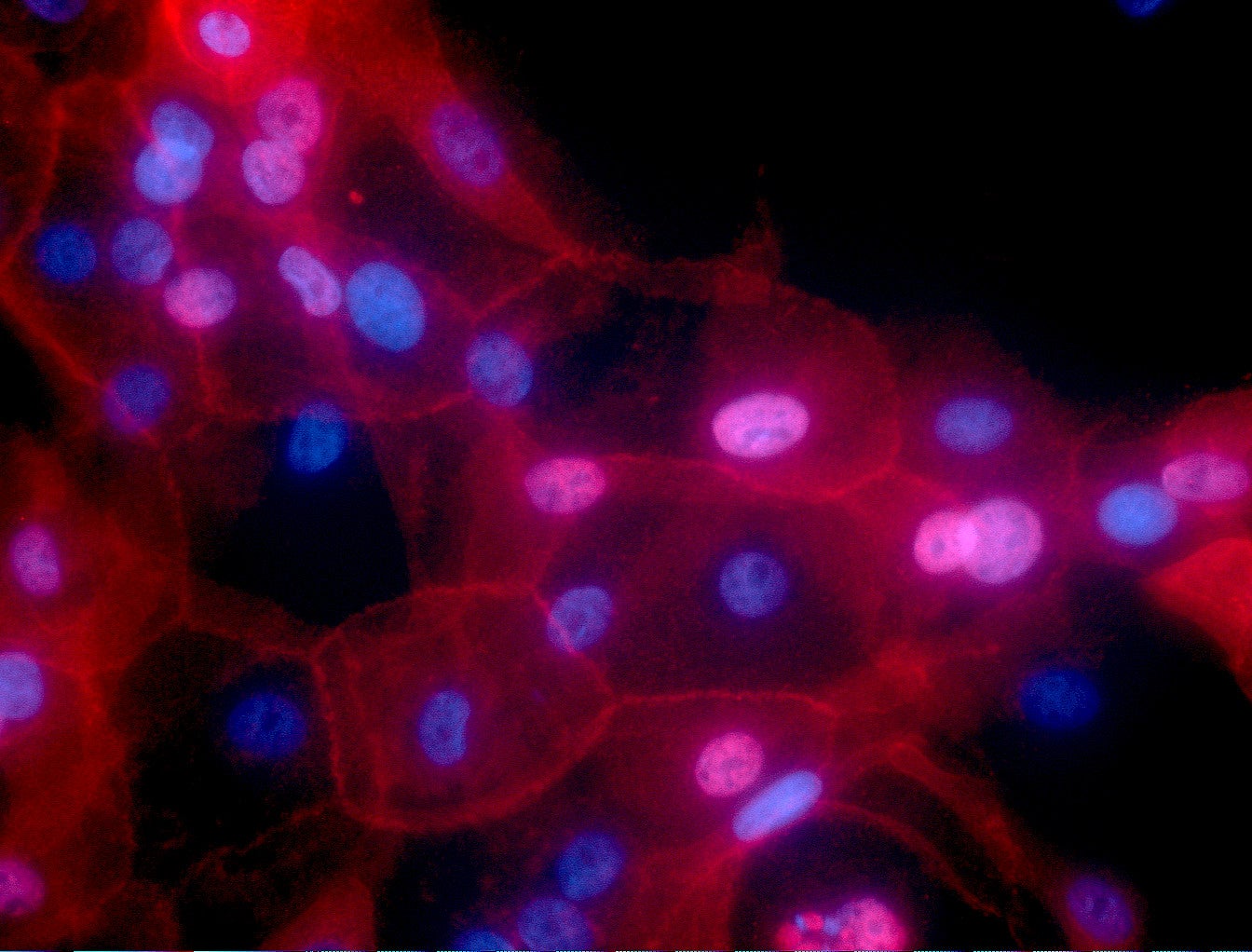

Gilead Sciences and Merck (MSD) have signed a clinical trial partnership and supply agreement to assess the efficacy of the former’s Trodelvy (sacituzumab govitecan-hziy) along with the latter’s Keytruda (pembrolizumab) to treat triple-negative breast cancer (TNBC).
The combination treatment will be analysed as first-line therapy for locally advanced or metastatic TNBC patients.

Discover B2B Marketing That Performs
Combine business intelligence and editorial excellence to reach engaged professionals across 36 leading media platforms.
Trodelvy is a conjugate of antibody and topoisomerase inhibitor that directly acts on the Trop-2 receptor while Keytruda is an anti-programmed cell death protein 1 (PD1) therapy.
Trop-2 is a protein overexpressed in various epithelial tumour types.
Trodelvy acts on Trop-2 expressing cells to facilitate the local delivery of a cytotoxic payload that specifically destroys the targeted cells.
According to the deal, Gilead will fund an international Phase III trial of the combination therapy.

US Tariffs are shifting - will you react or anticipate?
Don’t let policy changes catch you off guard. Stay proactive with real-time data and expert analysis.
By GlobalDataThe trial will analyse Trodelvy plus Keytruda as against the standard of care comprising Keytruda plus chemotherapy in first-line subjects with locally advanced or metastatic TNBC.
Gilead Sciences chief medical officer Merdad Parsey said: “Trodelvy has already been established as a preferred treatment option in second-line metastatic TNBC.
“Looking ahead, we are excited about the opportunity to advance Trodelvy as a potential treatment for first-line metastatic TNBC. This helps further our ambition of displacing chemotherapy with Trodelvy to improve outcomes for people living with cancer.”
With the lowest survival rate among various other types of breast cancer, metastatic TNBC has an urgent need for novel treatments that can boost outcomes in patients.
Combining Trodelvy with an immune-stimulating drug such as Keytruda might potentially offer a new treatment for first-line metastatic TNBC, Gilead noted.
Trodelvy plus Keytruda is currently not approved by any regulatory authorities in any therapy setting with the safety and efficacy of the combination still being analysed.
In March, Merck and Gilead signed a deal to co-develop and co-commercialise long-acting HIV treatments.
Cell & Gene Therapy Coverage on Pharmaceutical Technology supported by Cytiva.
Editorial content is independently produced and follows the highest standards of journalistic integrity. Topic sponsors are not involved in the creation of editorial content.

